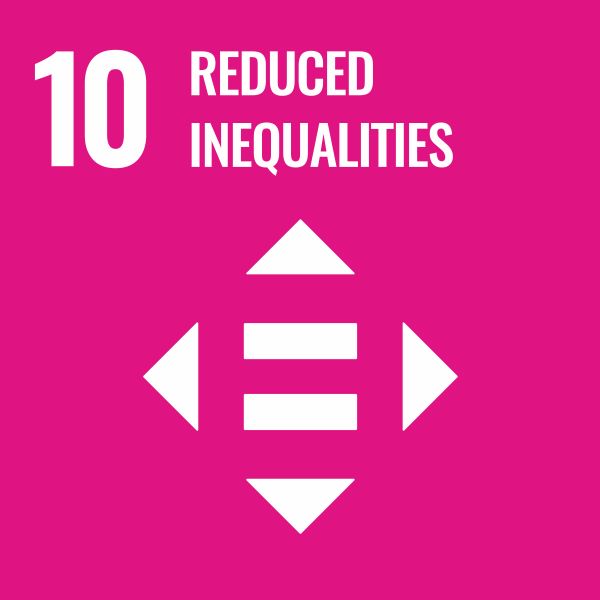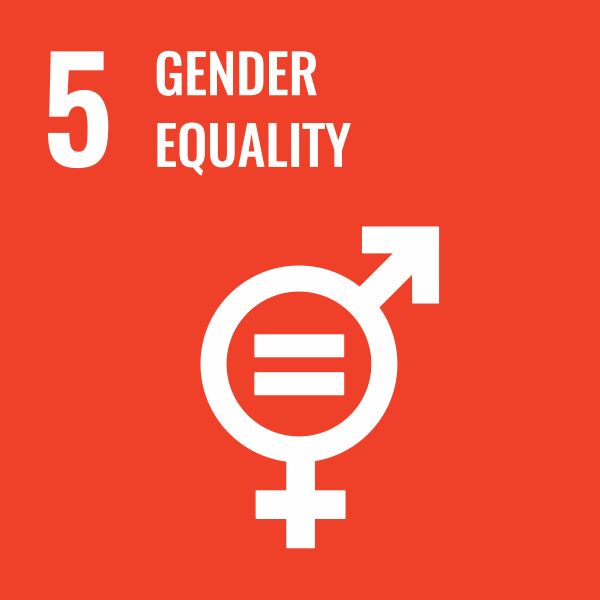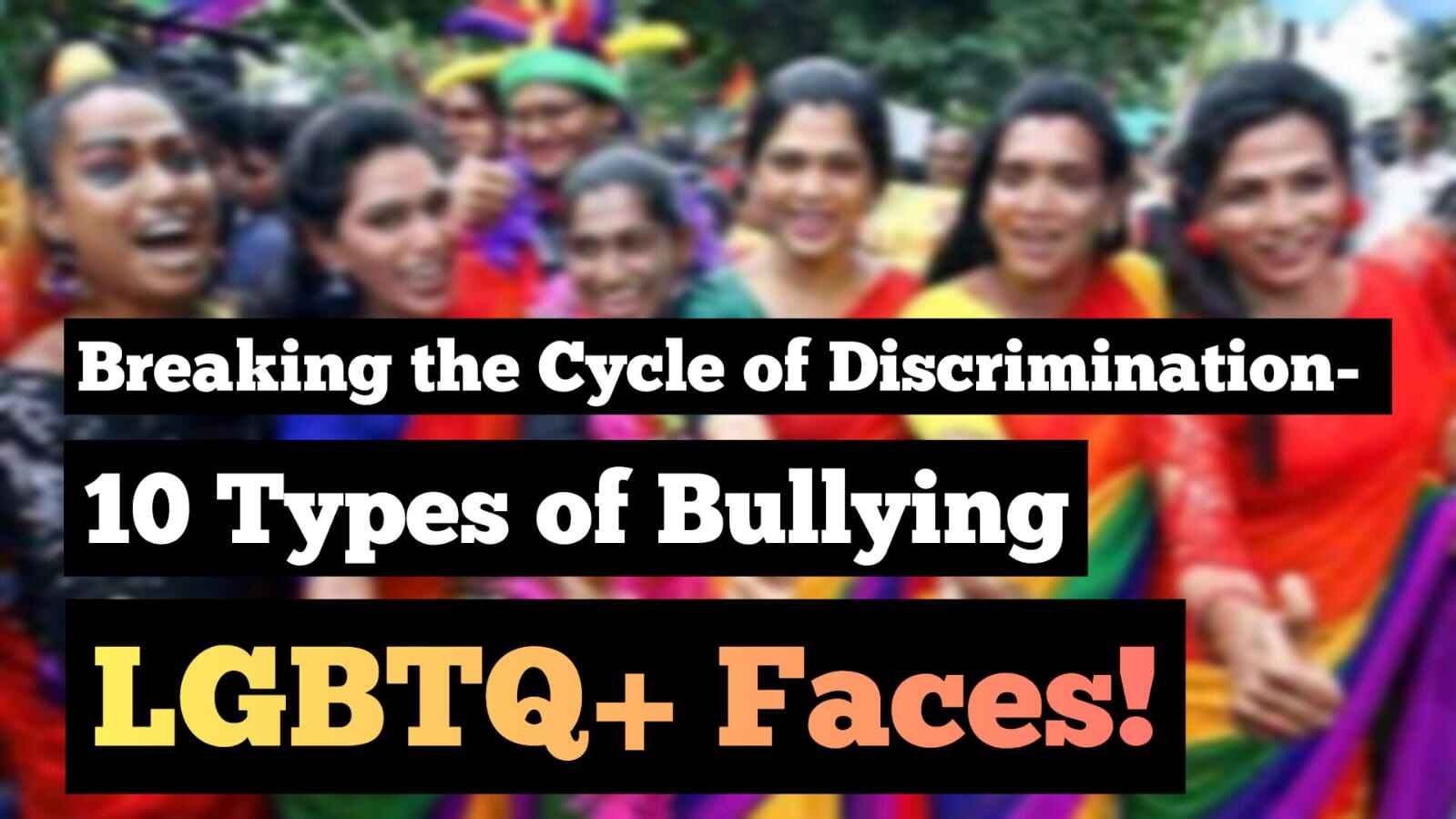Bullying is a widespread problem that affects people from all walks of life, and unfortunately, the LGBTQ+ community is often the target of such mistreatment. LGBTQ+ individuals often face discrimination and prejudice because of their sexual orientation, gender identity, or how they express themselves. It is a must to address that acts like bullying, picking on someone and assaults have long-term effects, both physically and mentally.
Here is a list of 10 major bullying faces by pride heroes, in India and the world. It is crucial to recognize and address these challenges to create a society that is more inclusive, understanding, and accepting!
Also, Read Is There Health Insurance for Transgenders in India? A Family Floater Medical Cover for LGBTQ?
1. Verbal Bullying:
One form of bullying that LGBTQ+ individuals frequently encounter is verbal bullying. This includes hurtful words, slurs, and remarks that are homophobic or transphobic. These individuals often have to endure derogatory language both in person and online. These hurtful words can cause significant emotional distress, damaging their self-esteem and overall well-being.
2. Physical Bullying:
Physical bullying involves acts of physical aggression and violence directed at LGBTQ+ individuals. This can range from physical assaults to pushing or shoving. Such actions not only cause immediate physical pain but also leave lasting emotional scars. Many individuals are subjected to physical harm simply because of who they are, which is deeply unfair and hurtful.
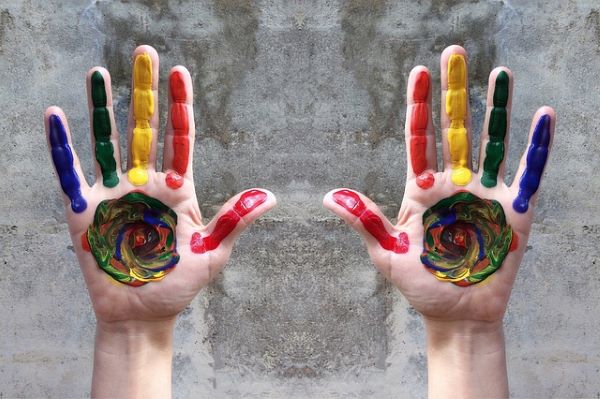
3. Sexual Harassment:
More than 53% of the LGBTQ+ community faces sexual harassment, which can take various forms. This includes unwanted advances, inappropriate comments, or non-consensual physical contact. Sexual harassment further reinforces power imbalances and creates a hostile environment for those targeted. It is crucial to recognize that everyone deserves to feel safe and respected, regardless of their sexual orientation or gender identity.
4. Social Exclusion:
Another form of bullying that LGBTQ+ individuals experience is social exclusion. This means intentionally isolating and excluding them from social circles, events, or activities. When they are deliberately left out, they can feel lonely, alienated, and as if they don’t belong. Social exclusion can have a profound impact on their mental health and sense of belonging.
5. Cyberbullying:
With the rise of technology and social media, cyberbullying has become a significant concern for this already misunderstood group. Cyberbullying involves using online platforms to spread hate, share derogatory comments, and publicly shame or embarrass individuals based on their sexual orientation or gender identity. The effects of cyberbullying can be far-reaching, causing mental health issues and deep emotional pain.
6. Homophobic or Transphobic Jokes:
Casual homophobic or transphobic jokes and remarks are often dismissed as harmless banter, but they perpetuate harmful stereotypes and create an unwelcoming atmosphere for LGBTQ+ individuals. Such jokes can be emotionally distressing, demeaning, and invalidate the identities and experiences of LGBTQ+ people. It is essential to promote understanding and respect rather than perpetuating hurtful stereotypes.
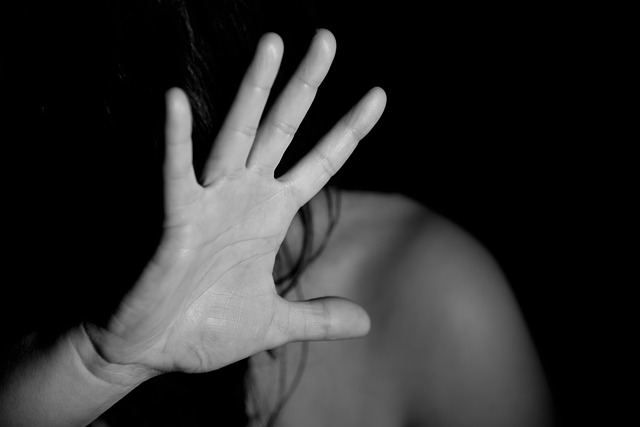
7. Religious or Cultural Discrimination:
Religion is a way of life but what if it becomes a reason for your problems? LGBTQ+ members face bullying rooted in religious or cultural biases. Some religious or cultural beliefs may not fully accept or understand diverse sexual orientations and gender identities, leading to judgment, and rejection within these communities. It is crucial to foster actions and promote inclusivity, allowing for a more accepting and compassionate environment.
8. Neverending Threats:
Intimidation involves acts of blackmailing directly. This can include threatening to disclose someone’s sexual orientation or gender identity without their consent, creating a hostile environment that undermines their sense of safety and security. No one should live in fear of being exposed or harmed because of who they really are.
9. Institutional Bullying:
Institutional bullying refers to discriminatory policies within educational institutions, workplaces, or other organizations. This can manifest as unequal treatment, denial of rights and opportunities, or inadequate support systems. It is crucial for institutions to foster inclusivity, and equality, and create safe spaces for them to thrive. This makes them non-existent outside the books and social media.
Also Read: Top 8 Mental Health Benefits of Quitting Smoking
10. Internalized Homophobia or Transphobia:
Internalized homophobia or transphobia occurs when individuals internalize the negative societal attitudes and stereotypes surrounding LGBTQ+ identities. Not only is this too mentally draining but can also lead to self-doubt, shame, and self-hatred.
Internalized homophobia or transphobia is a form of self-directed bullying that can negatively impact mental health, and hinder self-acceptance and personal growth and recognition too!
It is high time we as a society stop the LGBTQ+ Bullying and Respect the Dignity and Equality of All Human Beings.
